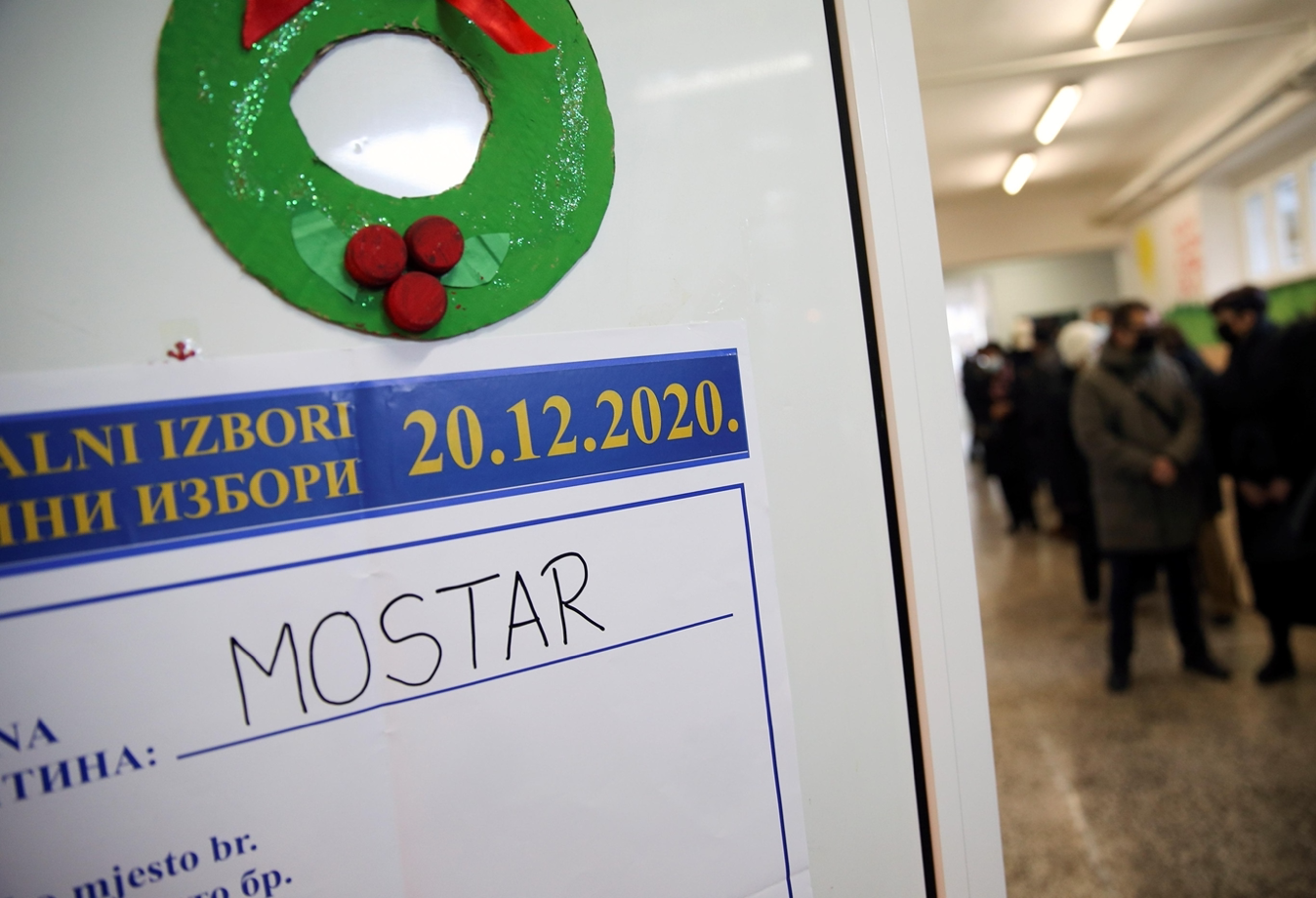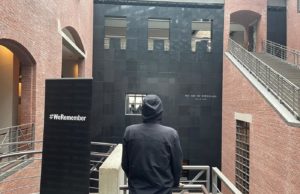SARAJEVO (Reuters) – Europe’s main security and rights watchdog urged Bosnia’s rival ethnic leaders on Monday to end political deadlock and carry out electoral reform designed to shore up the shaky post-war democracy.
Bosnia is scheduled to hold presidential and parliamentary elections in October 2022 but needs to pass amendments to the election law by the end of 2021 since no changes can be made in an election year.
The Organisation for Security and Cooperation in Europe (OSCE), which has supervised voting in Bosnia since its 1992-1995 war, has recommended a number of changes to improve the transparency of the electoral process, but ethnically based authorities have yet to make them.
“Unfortunately, the political crisis currently seems to have brought this work to a standstill. I really hope…that this will only be temporary and work will continue to have a real electoral reform in line with (OSCE) recommendations,” Ann Linde, the current OSCE chairwoman, told a news conference.
Decision-making in Bosnia’s central government has been blocked by Bosnian Serbs objecting to a law that criminalises the denial of genocide and war crimes, which was decreed in July by then-international peace overseer Valentin Inzko.
Despite the formation of an inter-agency working group to discuss electoral changes, the key talks are being held between Bosniak and Croat political leaders, who cannot agree on the way a Croat presidency member should be chosen.
Under the 1995 Dayton peace agreement which set out the post-war constitution, only members of so-called constituent nations – Serbs, Croats and Bosniaks – can run for Bosnia’s three-person, inter-ethnic presidency.
But Croat nationalists who share Bosnia’s autonomous Federation with Bosniaks, who outnumber them, now want to change the rules so that only Croats can vote for the Croat presidency member. But that requires a constitutional amendment.
Linde, who is Sweden’s foreign minister, urged the leaders to find a way out of the impasse: “This is key to restoring peoples’ confidence in elections and the functionality of this country.”
Reporting by Daria Sito-Sucic; editing by Mark Heinrich




